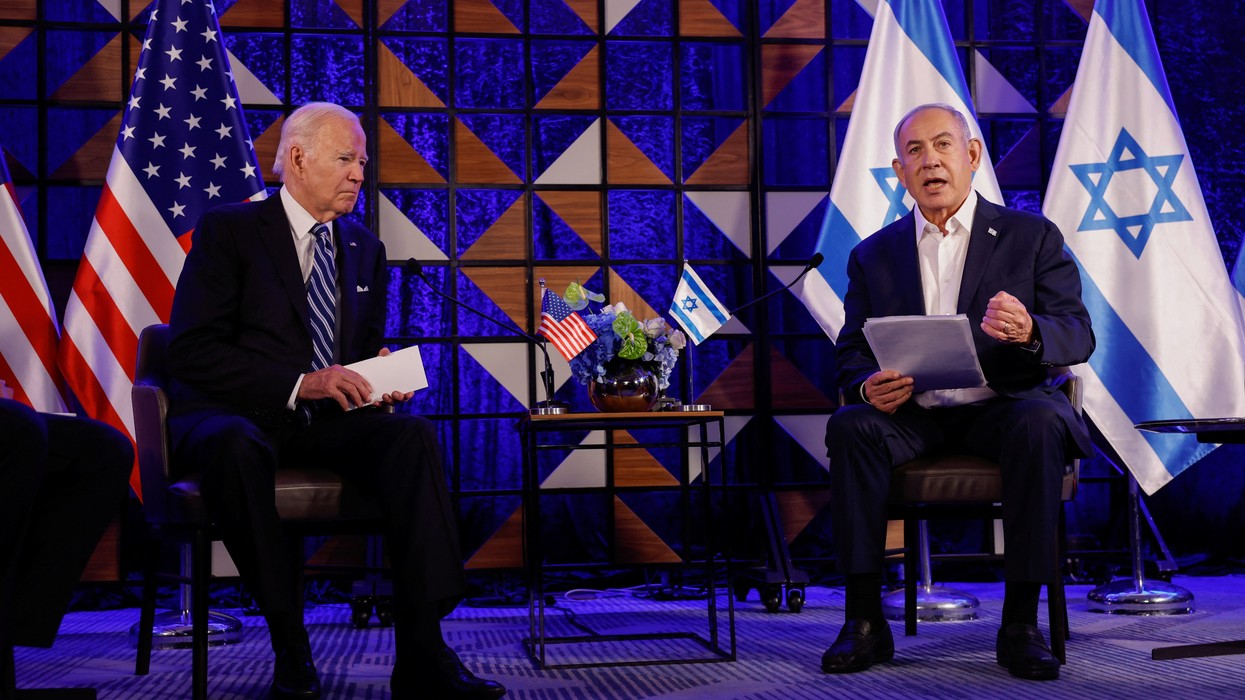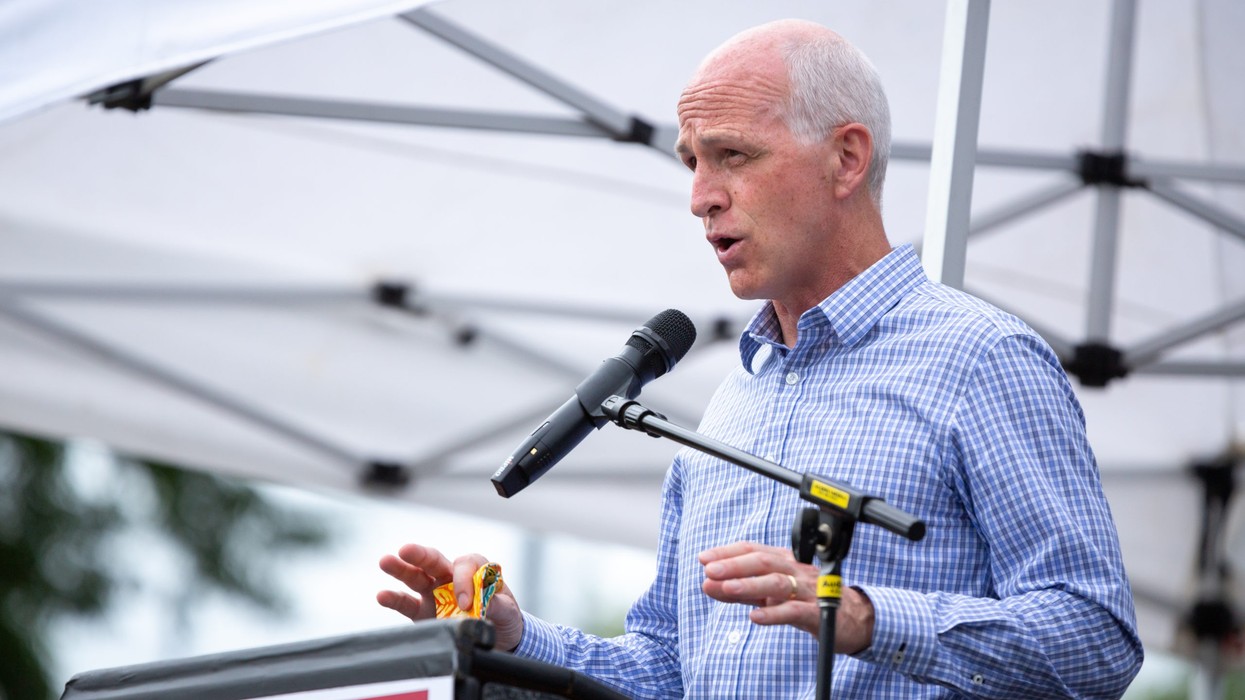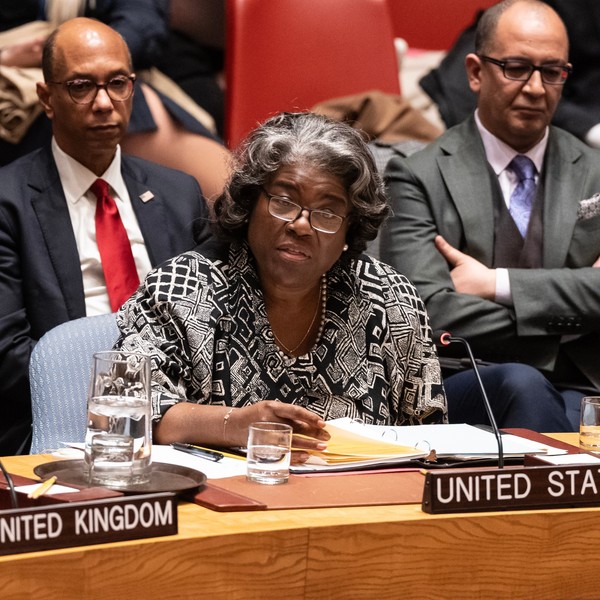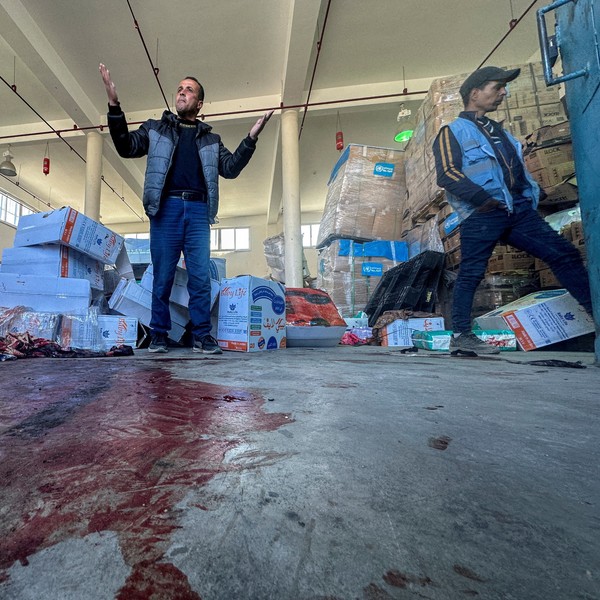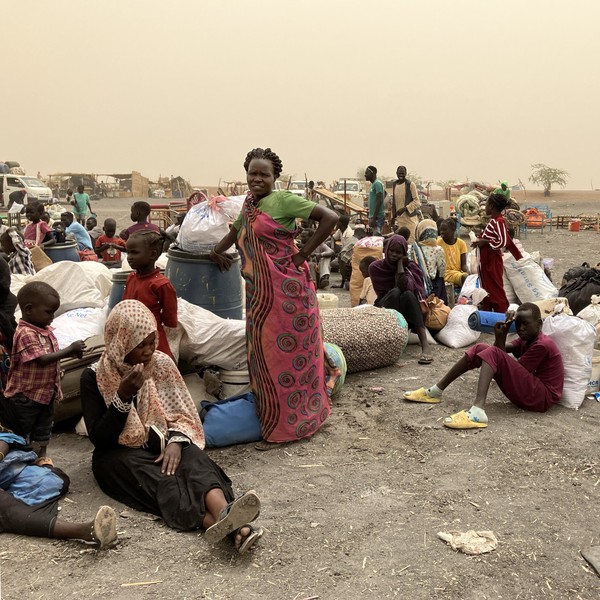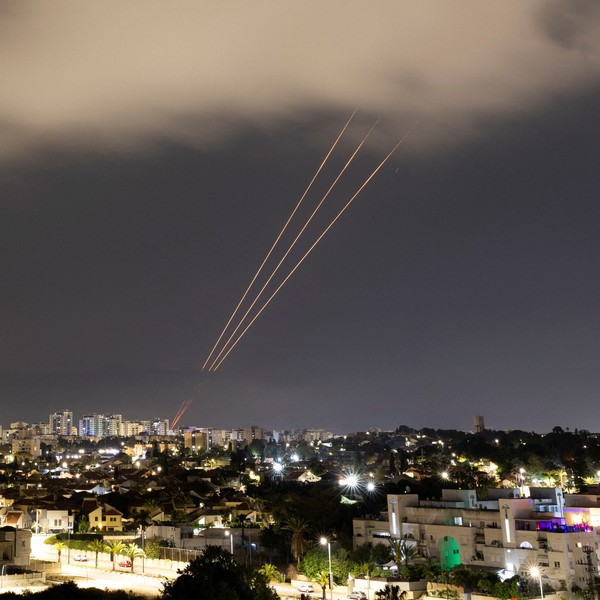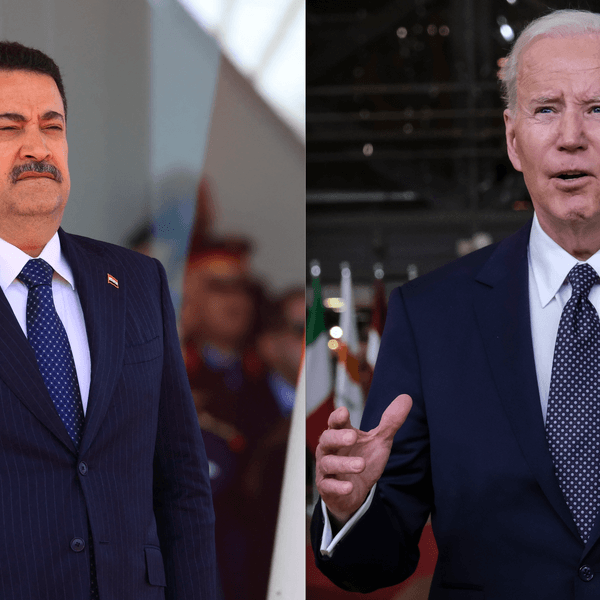Many people are rightfully outraged that the United States just imposed fresh sanctions on Iran during a global pandemic, as the U.S.-led sanctions regime is already causing ordinary Iranians to suffer, and the coronavirus crisis only puts them more at risk. But amidst demands to lift sanctions on Iran, it’s important to remember that another country is also at grave risk because of U.S. militarism and “maximum pressure”: North Korea.
Although North Korea has not internationally reported any cases of COVID-19, experts agree that the virus has likely begun to spread there. With more than 88,000 confirmed cases in China and South Korea combined, North Korea is highly susceptible to a coronavirus outbreak. And an outbreak in North Korea has the potential to be catastrophic given the country’s socioeconomic conditions and already debilitated health care system due to being one of the most heavily sanctioned countries in the world.
As in Iran and Venezuela, the U.S.-led global sanctions regime against North Korea has seriously undermined the country’s health care system, economic development, and the ability of humanitarian workers to deliver life-saving aid. Forty percent of North Korea’s population — 11 million people — lack “sufficient nutritious food, clean drinking water or access to basic services like health and sanitation,” according to a 2019 U.N. report. In 2018 alone, an estimated 3,968 civilians — mostly women and children — died from sanctions-related delays and funding shortfalls to U.N. humanitarian programs. In this current crisis, many more North Koreans are certain to suffer.
Despite the State Department’s recent assurances to “expeditiously facilitate” exemption requests, in practice, most humanitarian workers will be unable to provide timely assistance as international financial institutions generally refuse to facilitate the transfer of funds in North Korea needed to cover medical and operating expenses. Furthermore, it has been extremely difficult for international public health officials and humanitarian workers to assess and respond to the coronavirus’s impact in North Korea.
This isn't an accident. It’s the result of years of deliberate and flawed policymaking. In the decades since American officials arbitrarily divided the Korean peninsula along the 38th parallel, our posture toward North Korea has been almost entirely based on militarism, sanctions, and isolation. Consider the Korean War: the conflict turns 70 this year and, true to what textbooks call America’s “forgotten war,” remains unresolved as it concluded not with a formal peace agreement but a temporary armistice. The continued state of war may seem like a technicality for most Americans, but it’s responsible for keeping tens of thousands of families divided, prohibiting inter-Korean cultural and economic exchange, and threatening millions in the region with renewed military conflict.
While the Trump administration’s behavior toward North Korea has been particularly erratic — lurching from threats of nuclear war to love letters — it’s not fundamentally different from prior administrations. The Obama administration’s “strategic patience” was based on the same flawed theory that North Korea could be punished and isolated into compliance with maximalist demands. North Korea policy under the Bush administration was largely driven by hardliners like Vice President Dick Cheney and noted war enthusiast John Bolton, both of whom preferred a strategy of regime change. Even the Clinton administration’s most modest diplomatic efforts were badly undermined by congressional opposition, and the administration initially came very close to bombing North Korea.
The global health crisis we now face underscores that such measures don’t just punish North Korea, they punish us all. Ignoring and isolating North Korea hasn’t led to any progress on denuclearization or human rights. It has only ensured that millions of people remain critically vulnerable to a global pandemic, and that the international community remains divided at a time when cooperation, solidarity, and our common humanity are essential to confronting a massive threat that endangers us all.
The coronavirus pandemic is bringing into sharp relief a devastating policy reality: sanctions kill.
Ultimately, the coronavirus crisis demonstrates that just about every assumption undergirding the U.S. national security apparatus is at best misguided and at worst false. Washington has carefully and meticulously constructed a military machine that’s the most powerful and destructive in the world, stationed troops and bases across the globe, and continued to maintain an war paradigm with seemingly no end in sight.
But none of this is of any use right now. There’s an imminent threat to all of our security, and we can’t bomb it, invade it, or occupy it. It’s not a military challenge and there’s no military cure.
U.S-North Korea relations may be just one aspect of failed U.S. national security policy, but it’s a crucial feature of both the problem and solution. The unresolved Korean War helped usher in the modern era of endless war and exponentially growing military budgets that continues to destabilize entire countries and regions. The decades-long bipartisan failure to account for such legacies of war-making and to prioritize diplomacy and cooperation to confront shared challenges has left us ill-prepared and insecure to deal with the current moment.
This is the crux of the question we are now faced with: Are we capable of adjusting our notion of what “security” means moving forward from this crisis? To repeat the same old playbook — implementing more sanctions, refusing to resolve the war, ignoring and isolating North Korea — could put millions of lives in jeopardy. Instead, let’s move to a people-centered human security paradigm that is guided by a vision of peace, international cooperation, and an ethics of care.


